 The deadline is fast approaching for the HEIF-6 funding call – 23rd July.
The deadline is fast approaching for the HEIF-6 funding call – 23rd July.
HEFCE provide Higher Education Innovation Funding (HEIF) to universities to facilitate a broad range of knowledge-based interactions between them and the wider world, which result in economic and social benefit to the UK. The current round of funding is referred to as HEIF-6 and runs from August 2017 to July 2022.
An internal call is now open for applications from BU colleagues who wish to develop innovative projects. Funding will be awarded to those applications that clearly demonstrate how new/existing collaborations will be developed and how societal/economic impact will be achieved. Interdisciplinary and/or cross-Faculty/PS proposals are encouraged, as are proposals with international collaborators.
We anticipate making awards of £10k-100k per project per year. Projects should be between one and three years in duration and must align to one of BU’s HEIF-6 themes:
- Advanced manufacturing
- Health (focusing on digital health and e-health)
- Digital and creative
Colleagues wishing to apply should read BU’s HEIF-6 strategy and the HEIF-6 FAQs before completing the HEIF-6 application form. These documents can be found on the i-drive (I:\R&KEO\Public\HEIF 6). Applications must be supported by the Project Lead’s Faculty and signed by the relevant Deputy Dean (Research and Professional Practice). Any queries should be sent to Julie Northam (jnortham@bournemouth.ac.uk) in the first instance.
Completed applications should be sent to Rebecca Edwards (redwards@bournemouth.ac.uk) by midnight on Sunday 23rd July. We aim to confirm the outcomes within a fortnight of the closing date.


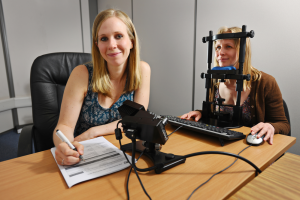
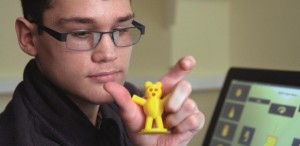



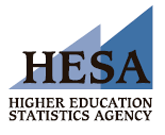


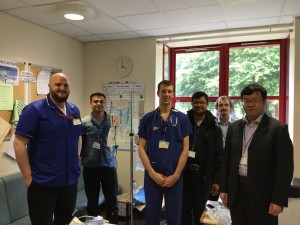
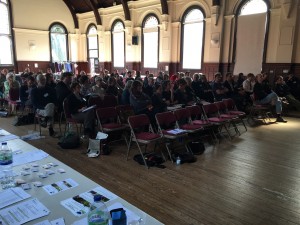
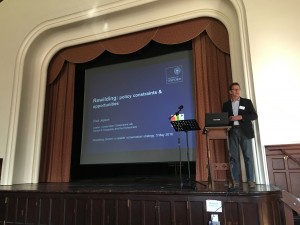
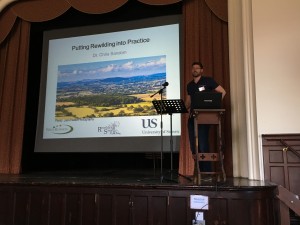
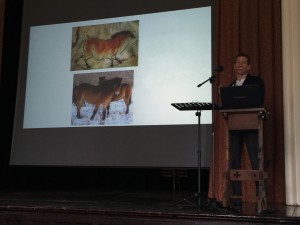
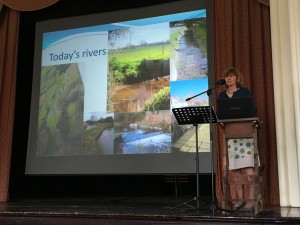
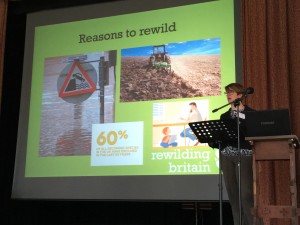
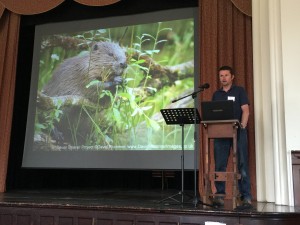
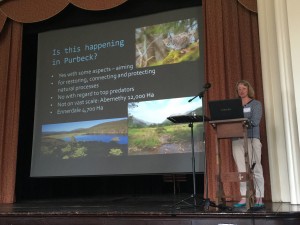
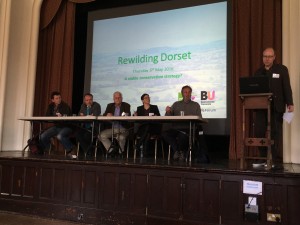
 REF
REF Research funding
Research funding NCUB
NCUB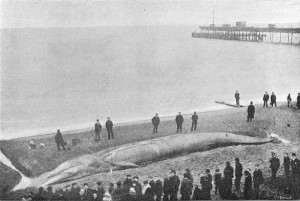











 Dr. Ashraf cited on ‘Modest Fashion’ in The Guardian
Dr. Ashraf cited on ‘Modest Fashion’ in The Guardian NIHR-funded research launches website
NIHR-funded research launches website Academics write for newspaper in Nepal
Academics write for newspaper in Nepal New paper published on disability in women & girls
New paper published on disability in women & girls Global Consortium for Public Health Research 2025
Global Consortium for Public Health Research 2025 MSCA Postdoctoral Fellowships 2025 Call
MSCA Postdoctoral Fellowships 2025 Call ERC Advanced Grant 2025 Webinar
ERC Advanced Grant 2025 Webinar Horizon Europe Work Programme 2025 Published
Horizon Europe Work Programme 2025 Published Horizon Europe 2025 Work Programme pre-Published
Horizon Europe 2025 Work Programme pre-Published Update on UKRO services
Update on UKRO services European research project exploring use of ‘virtual twins’ to better manage metabolic associated fatty liver disease
European research project exploring use of ‘virtual twins’ to better manage metabolic associated fatty liver disease